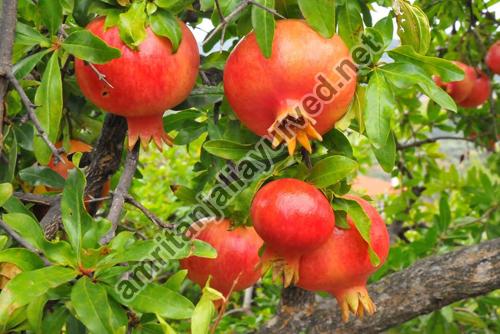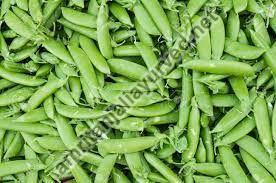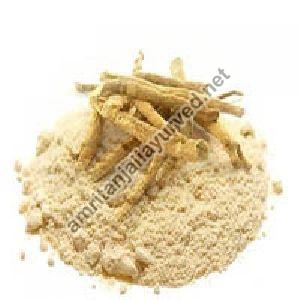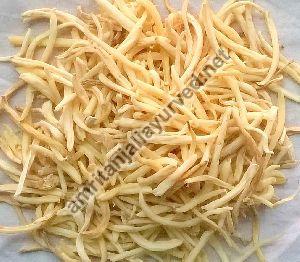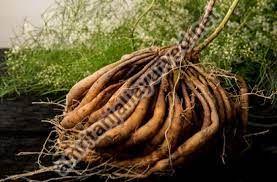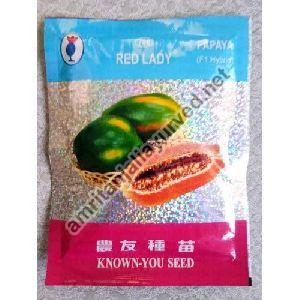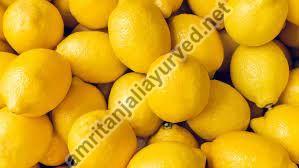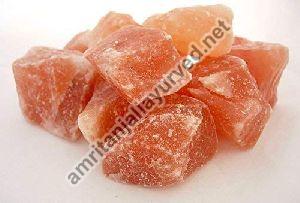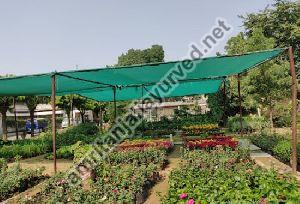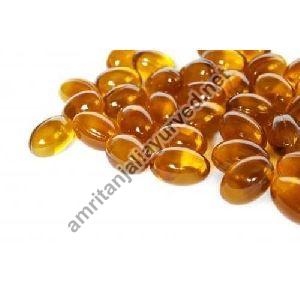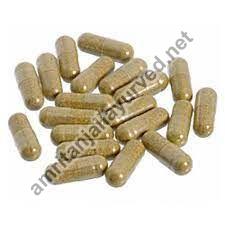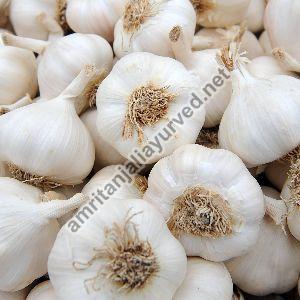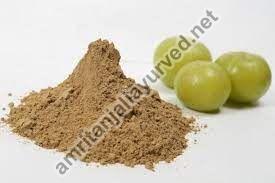Saheli Nagar, Udaipur, Rajasthan
- GST NO. : 08AAOCA7653C1ZJ
| Business Type | Manufacturer, Exporter, Supplier, Retailer, Wholesaler |
| Type | Pomegranate Plants |
| Style | Fresh |
| Cultivation Type | Organic |
| Click to view more | |
Preferred Buyer From
| Location | Worldwide |
Product Details
POMEGRANATE CULTIVATION
TC Pomegranate Plants is native to the Middle East and South Asia. The Pomegranate Plant is one of the first live cultivated foods in the world. The Pomegranate Plant produces Pomegranate that is high in potassium, vitamin C and antioxidants. Pomegranate is a high value crop.
Pomegranate Farming
Pomegranate (Punica granatum) is an ancient favourite table fruit of tropical and sub-tropical regions of the world. Pomegranate is one of the commercially important fruit crops of India. It is native to Iran (Persia).
Area of Cultivation:
Pomegranate is cultivated commercially only in Maharashtra. Small scale plantations are also seen in Gujarat, Rajasthan, Karnataka, Tamil Nadu, Andhra Pradesh, Uttar Pradesh, Punjab and Haryana.
Climate Requirements:
Pomegranate fruit prefers dry climate for its growth. The tree requires hot and dry climate during fruit development and ripening. Pomegranate tree is deciduous in areas of low winter temperature and an evergreen or partially deciduous in tropical and sub-tropical conditions.
Planting:
Planting is usually done in spring (February-March) and July-August in sub-tropical and tropical regions respectively. Square system of planting is mostly adopted. Planting distance is decided on the basis of soil type and climate.
A spacing of 4-5 m. on marginal and very light soils is recommended. High density planting is adopted in temperate regions. High density planting with a spacing gives 2-2.5 times more yield than that obtained when the normal planting distance of 5 X 5 m.
Irrigation:
Drip irrigation helps to save 44% on irrigation and 64% when sugarcane trash mulch is used. First irrigation is provided in case of mrig bahar crop in the middle of May followed by regular irrigation till the monsoon sets in. Weekly irrigation in summers and that during winters at fortnightly intervals is recommended. The check basin system of irrigation is usually followed.
Plant Protection:
Insect pests mostly observed are fruit borer, mealy bugs, aphids, white fly and fruit sucking moths. Spraying with dimethoate, deltamethrin or malathion etc. depending upon the type of pest infestation has been found to be effective in most cases.
The main diseases reported are leaf spot and fruit rot. Application of Mancozeb (2g./l.) during rainy season in case of the former and application of Kavach (2g./l) and Carbendazim/Thiophanate methyl/Baycor/Benomyl (1g./l.) during September/October in case of the latter has been found to be effective in most cases.
Storage:
Fruits can be stored in cold storage upto 2 months or 10 weeks at a temperature of 50 C. Longer storage should be at 100 C and 95% RH to avoid chilling injury and weight loss.
We provide Agro technology and Agribusiness consultancy through better utilization of your resources, value of your money, independent consultancy, cost effective, profitable solutions and complete satisfaction without any deviation.
Material Available
- POMEGRANATE PLANT
- POMEGRANATE SEEDS
- POMEGRANATE FRUIT
With a proper network of buyers with us, we are able to provide returns of the farmers/cultivators who purchase the planting material from us and do farming as per our instructions. The crop/crops under buy back agreement are provided with targeted requirements. We are making farming a business which gives assured profits.
Persons interested in farming with buy back agreement will be entertained only on prior appointment basis. +91-9799931200
Looking for "Pomegranate Plant" ?
Explore More Products


